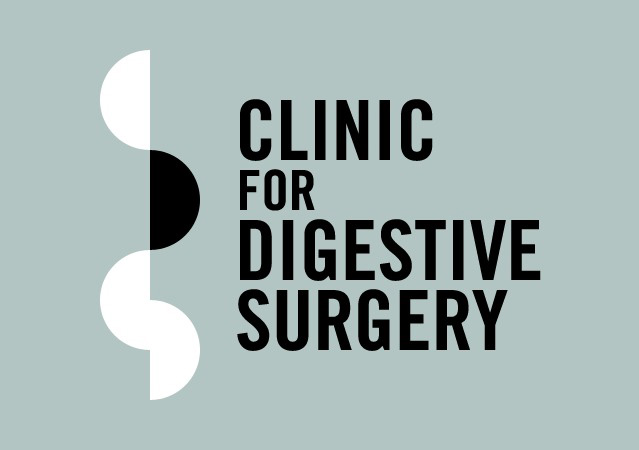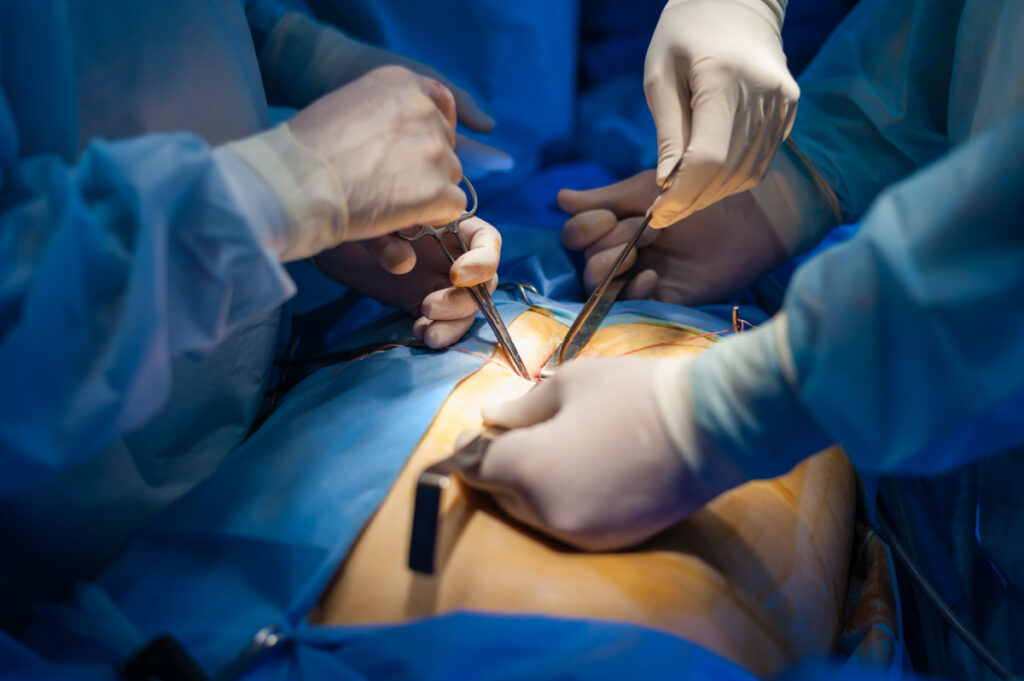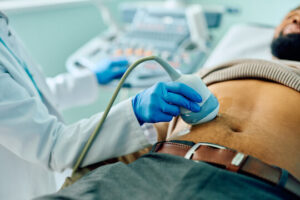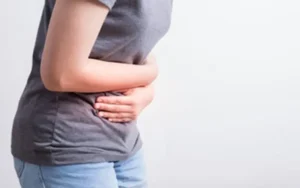Have you ever experienced that all-too-familiar discomfort after enjoying a big meal? You might find yourself thinking, “It’s probably just indigestion… right?” But what if there’s something more serious hiding beneath the surface? A gallbladder infection, or cholecystitis, can easily mimic those common stomach aches. Recognising the difference is vital because while indigestion usually fades away, a gallbladder infection requires prompt medical attention.
How to Tell If It’s Indigestion or a Gallbladder Infection
Indigestion is often harmless and can be triggered by eating too fast, indulging in rich foods, or even feeling stressed. It typically comes with bloating, burping, heartburn, or that annoying feeling of fullness. Most of the time, it’s just a nuisance but you can usually manage it with some lifestyle changes or over-the-counter solutions.
On the other hand, a gallbladder infection operates on a different level. It often begins when a gallstone blocks bile flow, leading to inflammation. The symptoms are sharper, more persistent, and definitely harder to ignore:
- Intense, steady pain in the upper right abdomen or beneath the ribs
- Pain that might radiate to your right shoulder or back
- Nausea and vomiting
- Fever and chills
- Tenderness when you touch your abdomen
Notice the difference? While indigestion feels like a mild annoyance, a gallbladder infection is like your body waving a big red flag.
What Puts You at Risk?
Gallbladder infections don’t just appear out of nowhere. Some common risk factors include:
- Having gallstones
- Being overweight or obese
- Rapid weight loss (hello, crash diets)
- A diet high in fat and cholesterol
- Being female (yep, it’s a bit unfair)
- Being over 40
If you find yourself checking off several of these boxes, it’s even more crucial to pay close attention to what your body is trying to tell you.
Why Ignoring a Gallbladder Infection is Risky
When it comes to digestive issues, indigestion usually sorts itself out, but a gallbladder infection is a different story. If you ignore it, things can take a turn for the worse. The infection might spread, leading to serious problems like a ruptured gallbladder or an infection that spreads throughout your abdomen, both of which can quickly become life-threatening.
That’s why catching it early is so important. Treatment typically includes antibiotics, managing pain, and sometimes, surgery to remove the gallbladder.
What Should You Do Next?
If you’re feeling symptoms that seem more intense than just regular indigestion, especially if you’re dealing with severe pain, fever, or vomiting, don’t wait around. Getting medical help right away could stop a small issue from turning into a big emergency.
At the Digestive Clinic, our specialists know how to recognise the subtle signs of a gallbladder infection and can help you find the treatment for you—whether that’s medication, dietary changes, or something more involved. Unsure if it’s just a heavy meal or something more serious? Schedule an appointment with the Digestive Clinic today and get the clarity your body needs.










